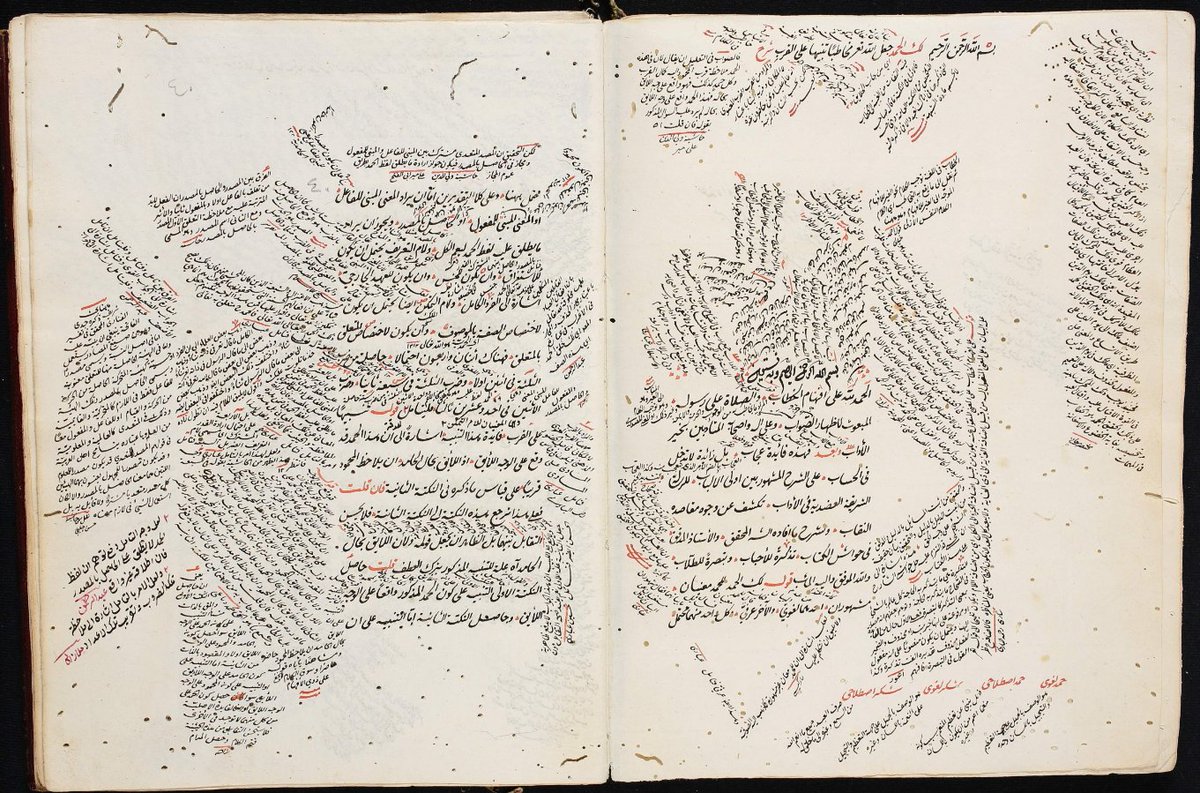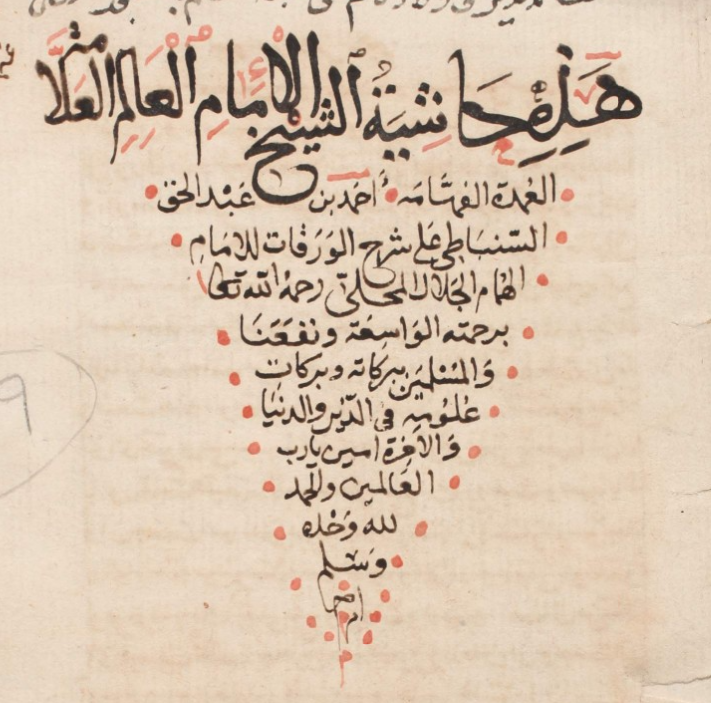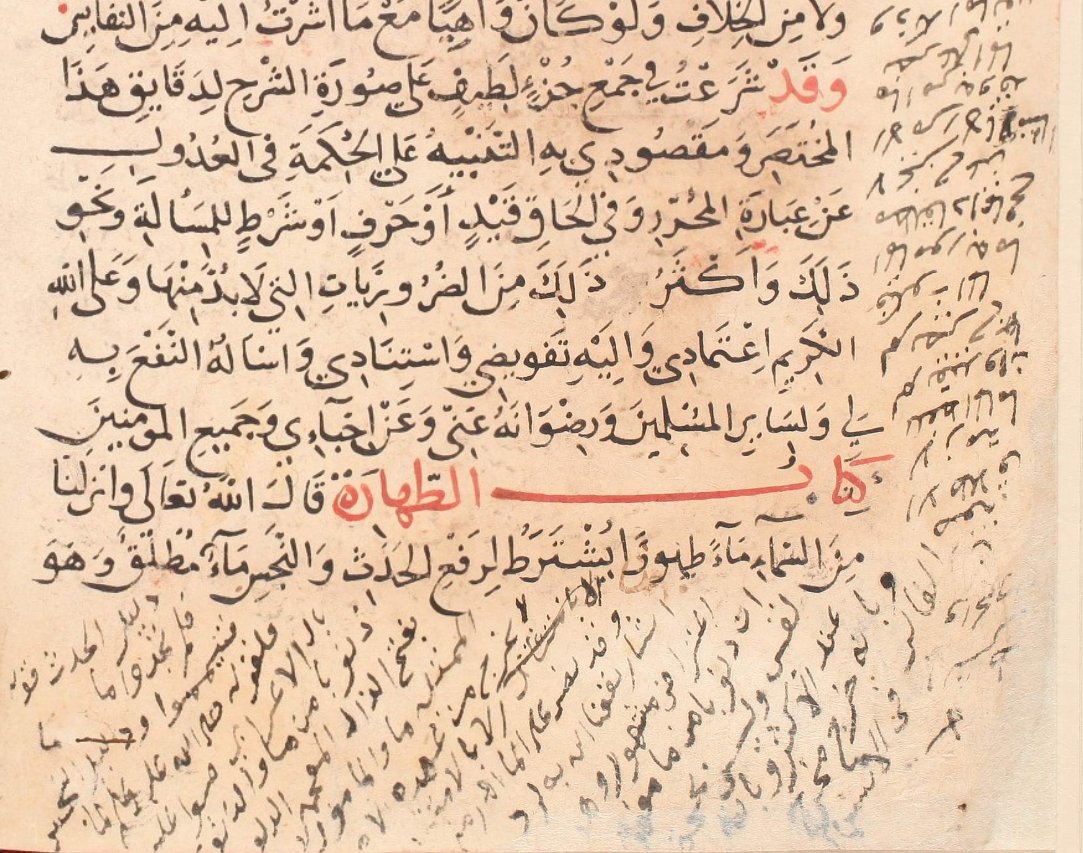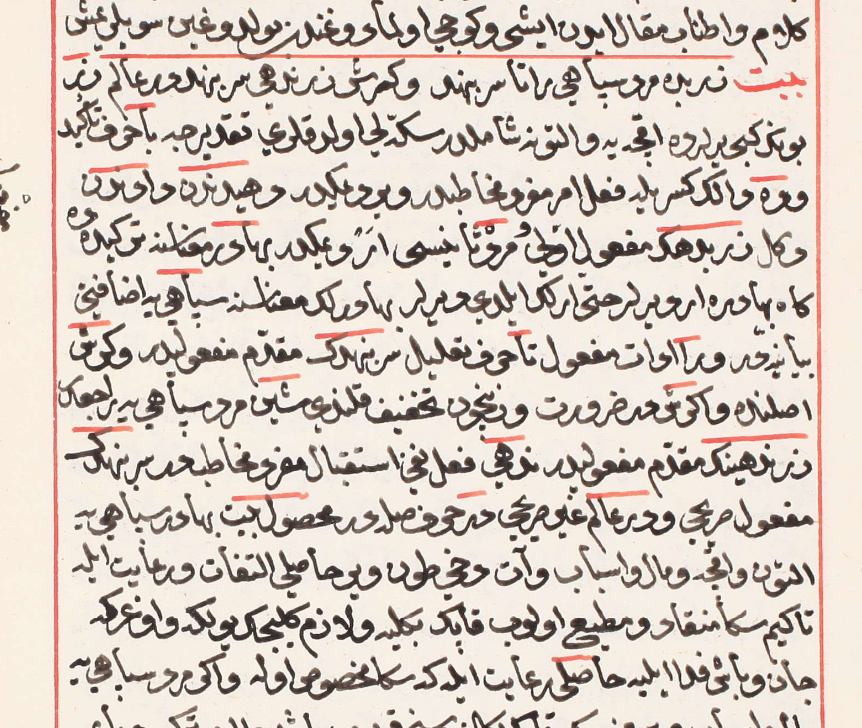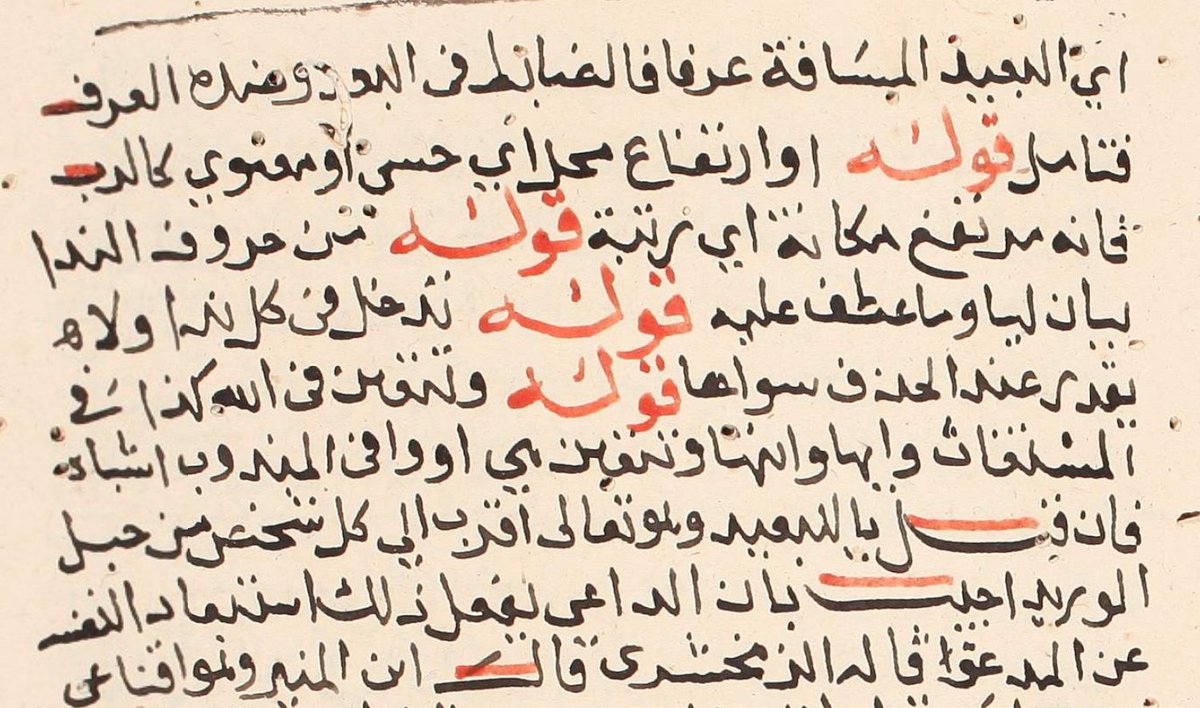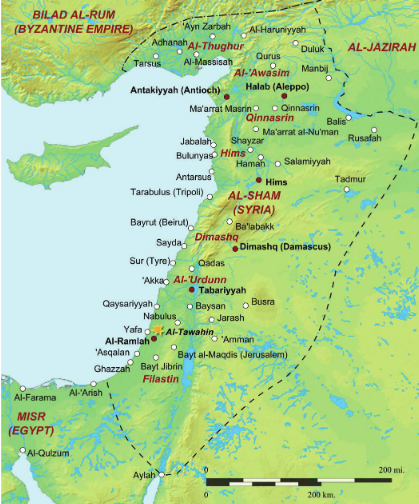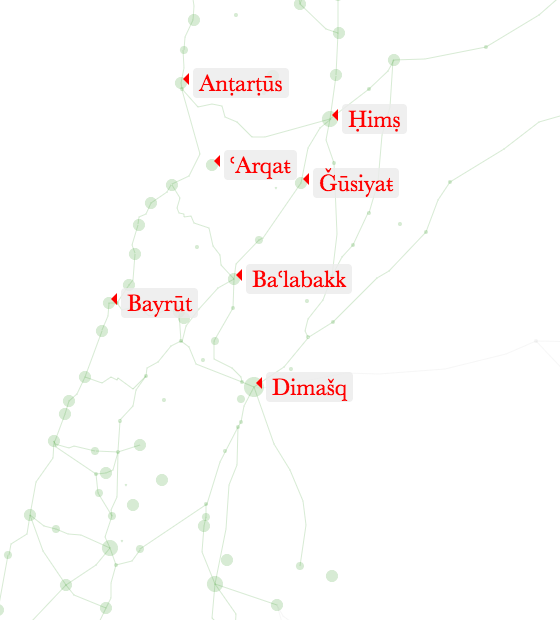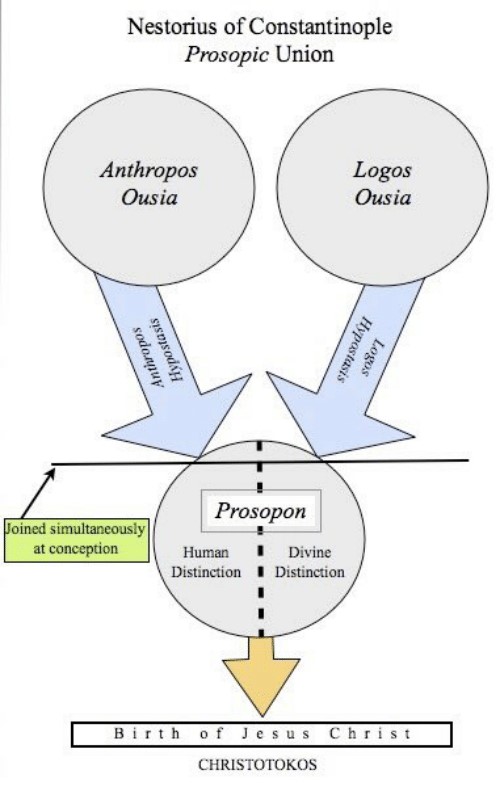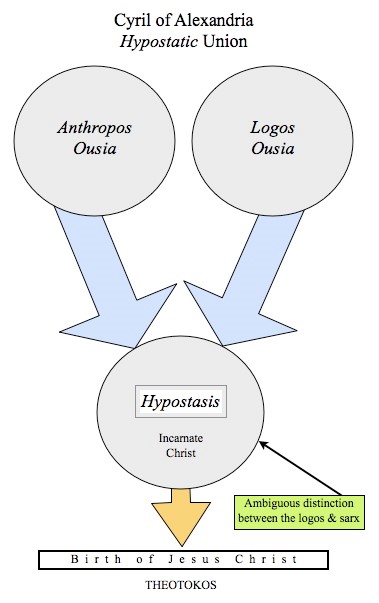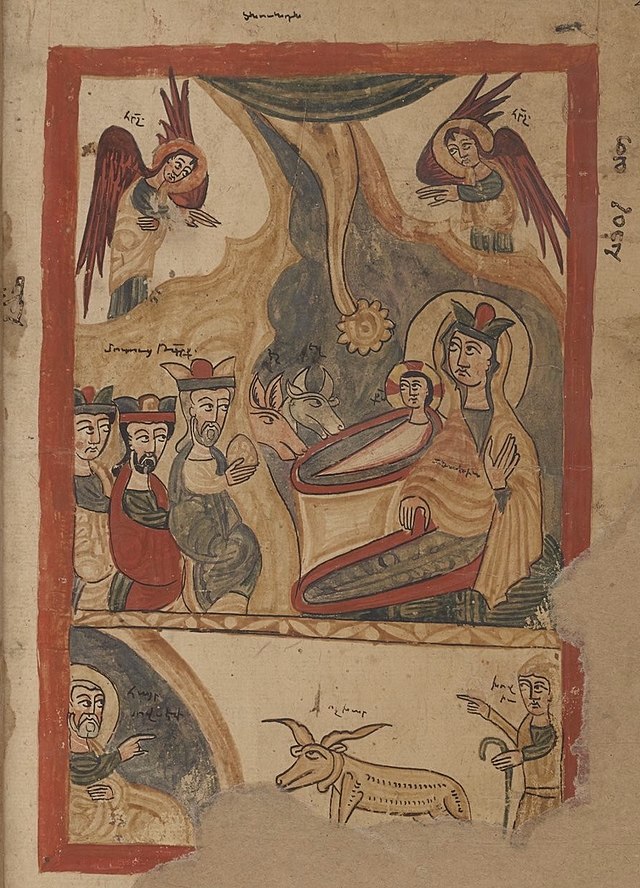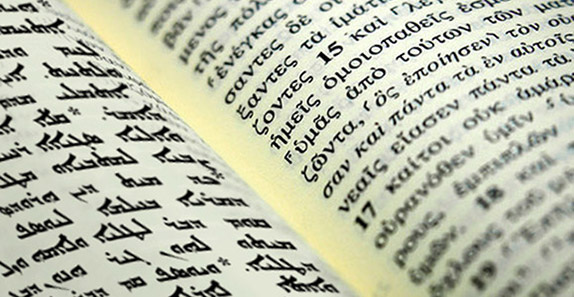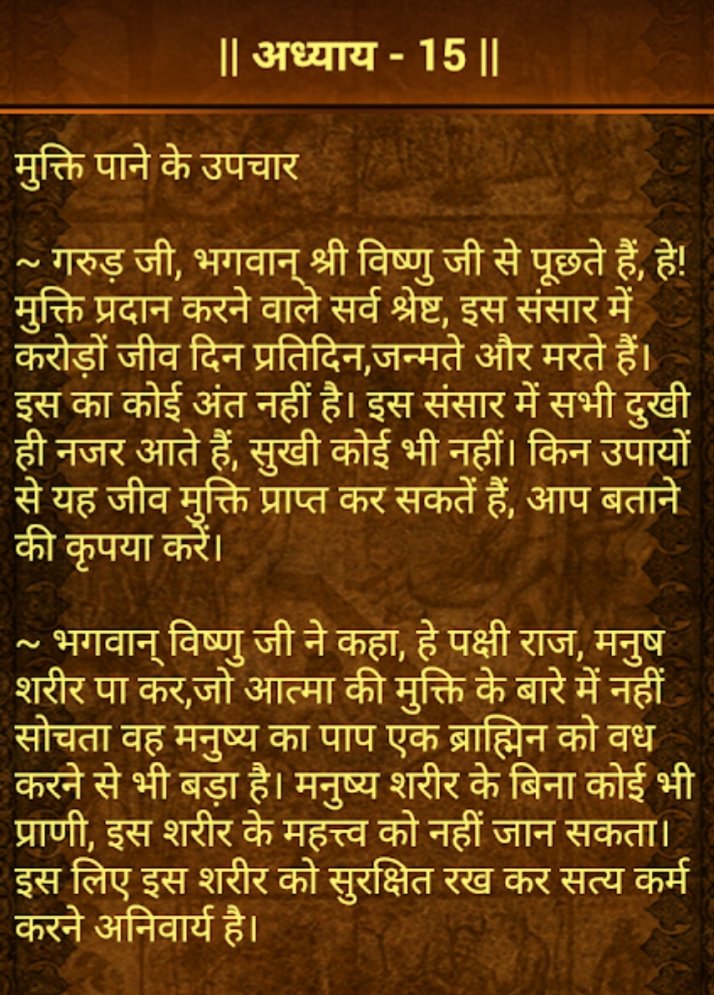How do you explain the Trinity in Chinese? If you're a Christian in Tang China, there's a few ways!
I'm @ChenHuailun, back for my last #Twittistorian thread, this time on translating the names of God in Chinese Christian documents. ~ahc #jingjiao 1/
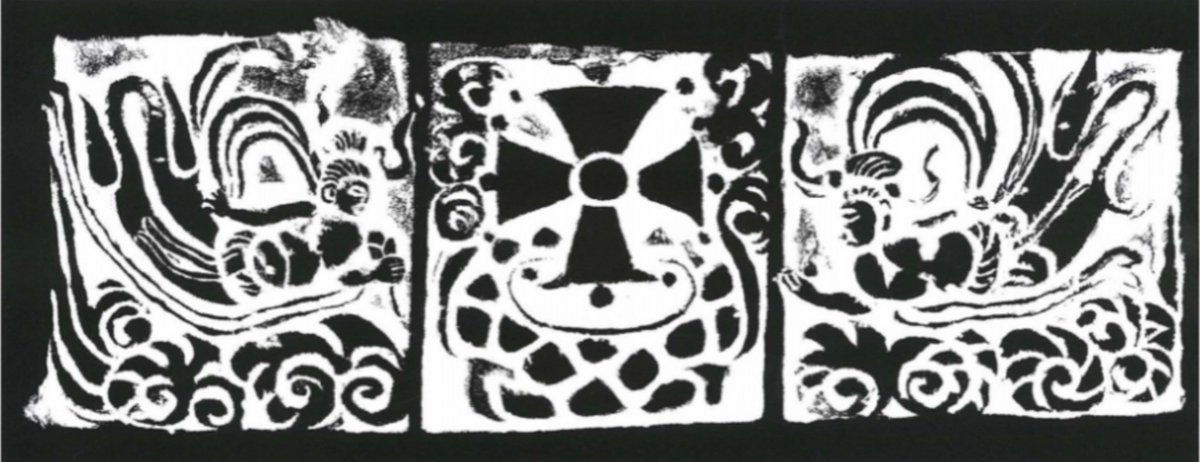


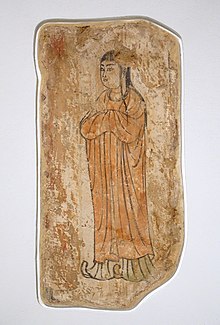

For those who may be familiar with Syriac or even other Semitic languages, try to look at these Middle Chinese pronunciations and guess their meanings. ~ahc #jingjiao /11

彌施訶 [Mandarin: mi-shi-he; Middle Chn: mji-ʂi-xa]
盧訶寧俱沙 [Mandarin: lu-he-ning-ju-sha; Middle Chn: lu-xa-niajn-ky-ʂa]
~ahc #jingjiao /12




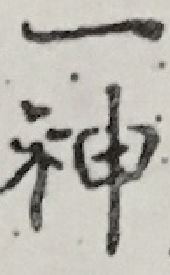
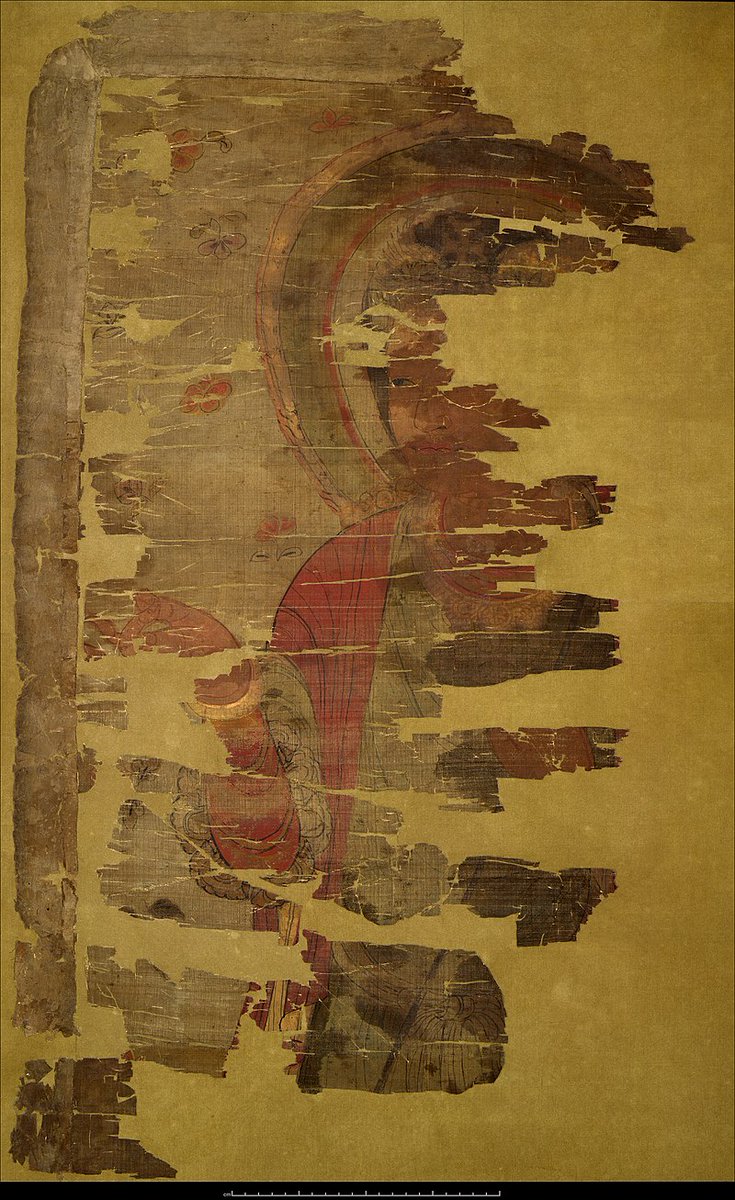

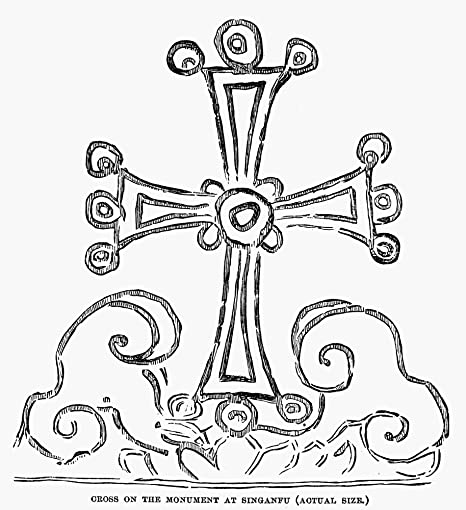
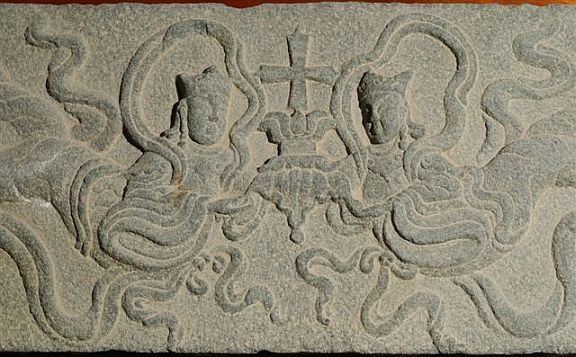
More from Tweeting Historians
More from World
A few thoughts on this sad development 👇👇
20 academics criticizing an paper is fine; good science, really
10000+ hate mail for studying schools in Sweden is insane
Anonymous docs/ prof (hiding in faceless accts) on twitter smearing researchers is insane
[thread] https://t.co/QYldLD3WO0

In April 2020, @jflier and I saw this coming
We saw increasingly heated and personal attacks against scientists merely for having a range of views on COVID19 (PS there is no playbook/ right ans)
Tying science to naked politics was also bad idea, we
Yet, repeatedly that is what happened. Twitter 'experts' displayed an absolute intolerance to other views
Folks who disagreed weren't just wrong, they were malicious actors spreading "disinformation"
Really? Someone worked for 25 years as faculty to suddenly spread lies?
Disinformation has been so misused that it has lost meaning.
I recently saw an ID doc & lab researcher in the UK be accused of spreading "disinformation"
hahah, get outta here, you are trying to say "i disagree" but your keyboard is broken
Personal attacks have become so bad that I have seen a lab researcher accuse a doctor of wanting to engage in inappropriate relationships with patients due to diverging views on vaccine messaging
Seriously? It was a low point even for twitter
20 academics criticizing an paper is fine; good science, really
10000+ hate mail for studying schools in Sweden is insane
Anonymous docs/ prof (hiding in faceless accts) on twitter smearing researchers is insane
[thread] https://t.co/QYldLD3WO0

Together with @ernkrans, I am interviewed in @bmj_latest: "We need to ensure that our researchers understand the concept and value of academic freedom and the responsibility that comes with it"https://t.co/AFjtbSfgjr
— Ole Petter Ottersen (@ottersenolep) February 18, 2021
In April 2020, @jflier and I saw this coming
We saw increasingly heated and personal attacks against scientists merely for having a range of views on COVID19 (PS there is no playbook/ right ans)
Tying science to naked politics was also bad idea, we
Yet, repeatedly that is what happened. Twitter 'experts' displayed an absolute intolerance to other views
Folks who disagreed weren't just wrong, they were malicious actors spreading "disinformation"
Really? Someone worked for 25 years as faculty to suddenly spread lies?
Disinformation has been so misused that it has lost meaning.
I recently saw an ID doc & lab researcher in the UK be accused of spreading "disinformation"
hahah, get outta here, you are trying to say "i disagree" but your keyboard is broken
Personal attacks have become so bad that I have seen a lab researcher accuse a doctor of wanting to engage in inappropriate relationships with patients due to diverging views on vaccine messaging
Seriously? It was a low point even for twitter
You May Also Like
1/x Fort Detrick History
Mr. Patrick, one of the chief scientists at the Army Biological Warfare Laboratories at Fort Detrick in Frederick, Md., held five classified US patents for the process of weaponizing anthrax.
2/x
Under Mr. Patrick’s direction, scientists at Fort Detrick developed a tularemia agent that, if disseminated by airplane, could cause casualties & sickness over 1000s mi². In a 10,000 mi² range, it had 90% casualty rate & 50% fatality rate

3/x His team explored Q fever, plague, & Venezuelan equine encephalitis, testing more than 20 anthrax strains to discern most lethal variety. Fort Detrick scientists used aerosol spray systems inside fountain pens, walking sticks, light bulbs, & even in 1953 Mercury exhaust pipes

4/x After retiring in 1986, Mr. Patrick remained one of the world’s foremost specialists on biological warfare & was a consultant to the CIA, FBI, & US military. He debriefed Soviet defector Ken Alibek, the deputy chief of the Soviet biowarfare program
https://t.co/sHqSaTSqtB

5/x Back in Time
In 1949 the Army created a small team of chemists at "Camp Detrick" called Special Operations Division. Its assignment was to find military uses for toxic bacteria. The coercive use of toxins was a new field, which fascinated Allen Dulles, later head of the CIA

Mr. Patrick, one of the chief scientists at the Army Biological Warfare Laboratories at Fort Detrick in Frederick, Md., held five classified US patents for the process of weaponizing anthrax.
2/x
Under Mr. Patrick’s direction, scientists at Fort Detrick developed a tularemia agent that, if disseminated by airplane, could cause casualties & sickness over 1000s mi². In a 10,000 mi² range, it had 90% casualty rate & 50% fatality rate

3/x His team explored Q fever, plague, & Venezuelan equine encephalitis, testing more than 20 anthrax strains to discern most lethal variety. Fort Detrick scientists used aerosol spray systems inside fountain pens, walking sticks, light bulbs, & even in 1953 Mercury exhaust pipes

4/x After retiring in 1986, Mr. Patrick remained one of the world’s foremost specialists on biological warfare & was a consultant to the CIA, FBI, & US military. He debriefed Soviet defector Ken Alibek, the deputy chief of the Soviet biowarfare program
https://t.co/sHqSaTSqtB

5/x Back in Time
In 1949 the Army created a small team of chemists at "Camp Detrick" called Special Operations Division. Its assignment was to find military uses for toxic bacteria. The coercive use of toxins was a new field, which fascinated Allen Dulles, later head of the CIA



